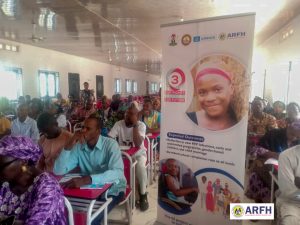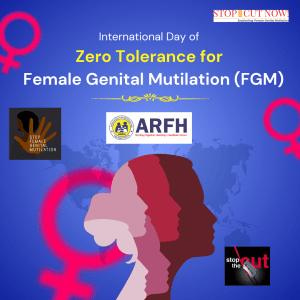 At a 3-day post International AIDS Society Conference workshop in Abuja, advocates and stakeholders clamoured that integration of Hepatitis B and C intervention is the way forward in the management of HIV-Hepatitis co-infections in Nigeria.
At a 3-day post International AIDS Society Conference workshop in Abuja, advocates and stakeholders clamoured that integration of Hepatitis B and C intervention is the way forward in the management of HIV-Hepatitis co-infections in Nigeria.
At the workshop organized by the International AIDS Society (IAS) in collaboration with West Africa Infectious Disease Control Institute (WAIDI) and National Agency for the Control of AIDS (NACA), key discussions included operational challenges in HIV and Hepatitis intervention in Nigeria. The national guidelines on Hepatitis B and C are yet to be implemented even though viral Hepatitis B and C occur in 15% and 2% of all Nigerians respectively. It was noted that HIV and Hepatitis co-infection intervention is important since up to 25% of HIV patients who are successfully on Highly Active Anti-Retroviral Therapy (HAART) can develop hepatitis associated liver disease, thus mitigating HAART therapy. The World Health Organisation (WHO) set Hepatitis elimination goals for 2030 and despite the fact that effective treatment is available for both Hepatitis B and C, some of the many factors militating against elimination of Hepatitis include failure to recognize high burden of Hepatitis infection, less than 1% awareness, high cost of care, lack of donor funding for viral hepatitis and lack of infrastructure for serological and testing for Hepatitis viral load.
To effectively fight Hepatitis in Nigeria, roll out and dissemination of the National Hepatitis strategic policy and guidelines (2016) to all HIV facilities was recommended. Collation of data for use in planning and advocacy was recommended to increase Hepatitis education and awareness for healthcare tadalafiltablets.net workers, patients and the general population.
To integrate Hepatitis intervention into HIV programme, a number of recommendations were made at the workshop. Such recommendations include; vaccination for new born babies of the people living with HIV/AIDS, universal Hepatitis screening (HBC and HCV) for all HIV positive patients, provision of Hepatitis B and C treatment programmes for general population and HIV patients, integration of Hepatitis into already existing HIV, TB, Malaria programmes and other programmes, to spread funding as well as integration of Hepatitis testing in national blood transfusion services such as antenatal care, HIV care, school health, youth and adolescent health.
 Mrs Bukola Ehimatie, Monitoring & Evaluation Manager of the HIV Global Fund Grant project of the Association for Reproductive and Family Health (ARFH), who participated in the IAS workshop re-emphasized at the just concluded ARFH/Global Fund New Funding Model Principal Recipient/Sub Recipient review meeting, stated that civil society organizations (CSOs) involved in the fight against HIV need to bring on board innovative strategies to intervene in HIV and Hepatitis co-infection.
Mrs Bukola Ehimatie, Monitoring & Evaluation Manager of the HIV Global Fund Grant project of the Association for Reproductive and Family Health (ARFH), who participated in the IAS workshop re-emphasized at the just concluded ARFH/Global Fund New Funding Model Principal Recipient/Sub Recipient review meeting, stated that civil society organizations (CSOs) involved in the fight against HIV need to bring on board innovative strategies to intervene in HIV and Hepatitis co-infection.
Mrs Ehimatie said: “to intervene in HIV and Hepatitis co-infection, CSOs especially the HIV patient community must lead the advocacy drive to government, donors, private sector and other relevant agencies for provision of enabling environment and adequate resources for integration and implementation of the Hepatitis B and C National Guideline, especially universal Hepatitis screening (HBC and HCV) for all HIV positive patients and provision of Hepatitis B and C treatment programmes for general population and HIV patients”.




